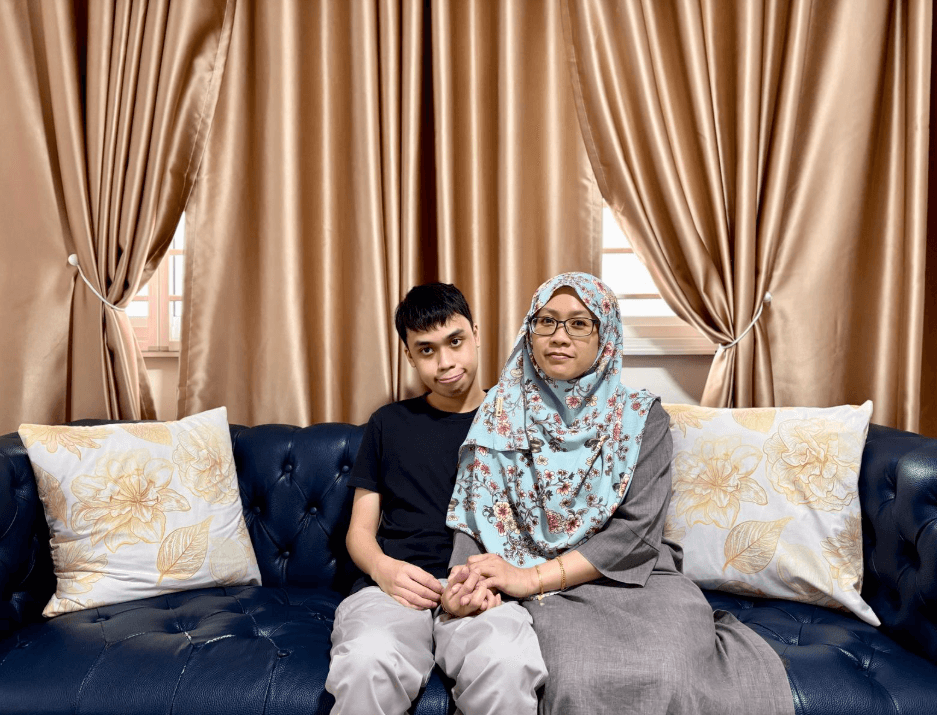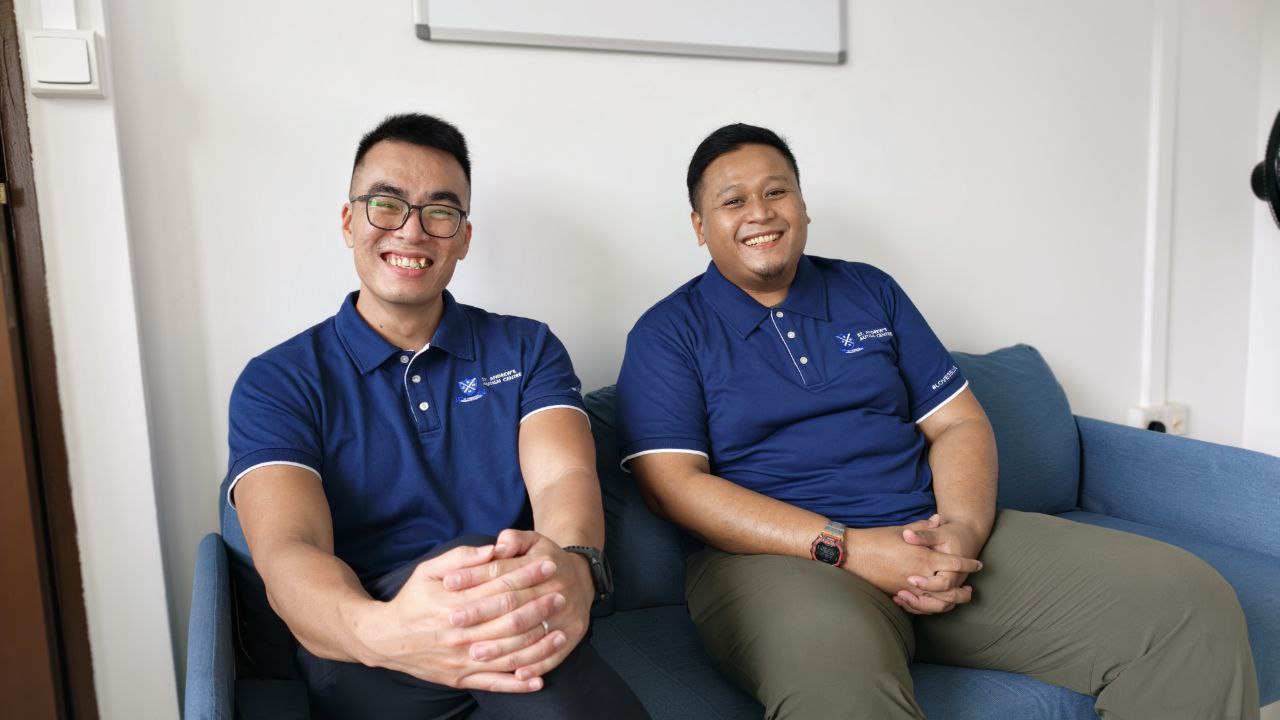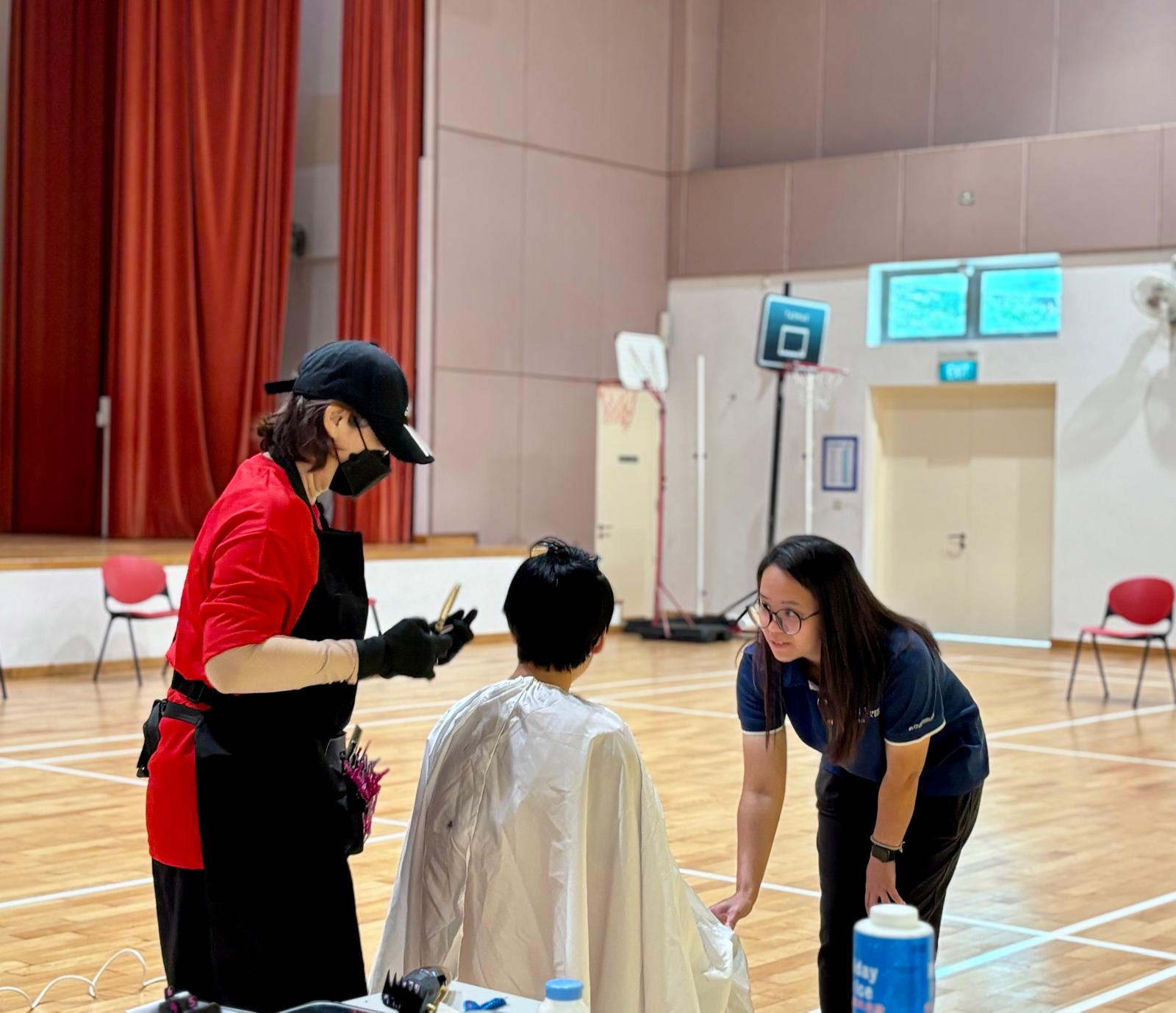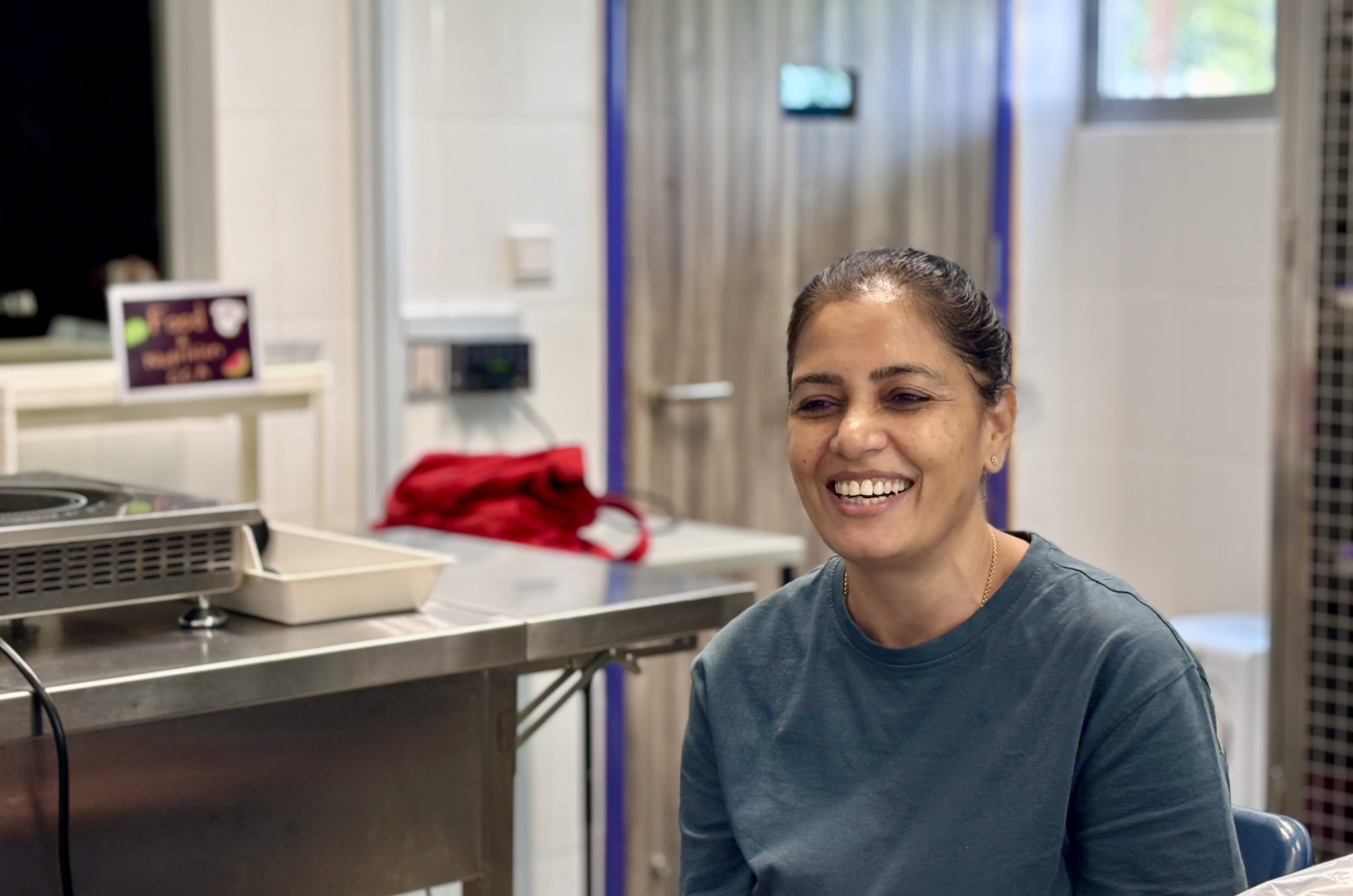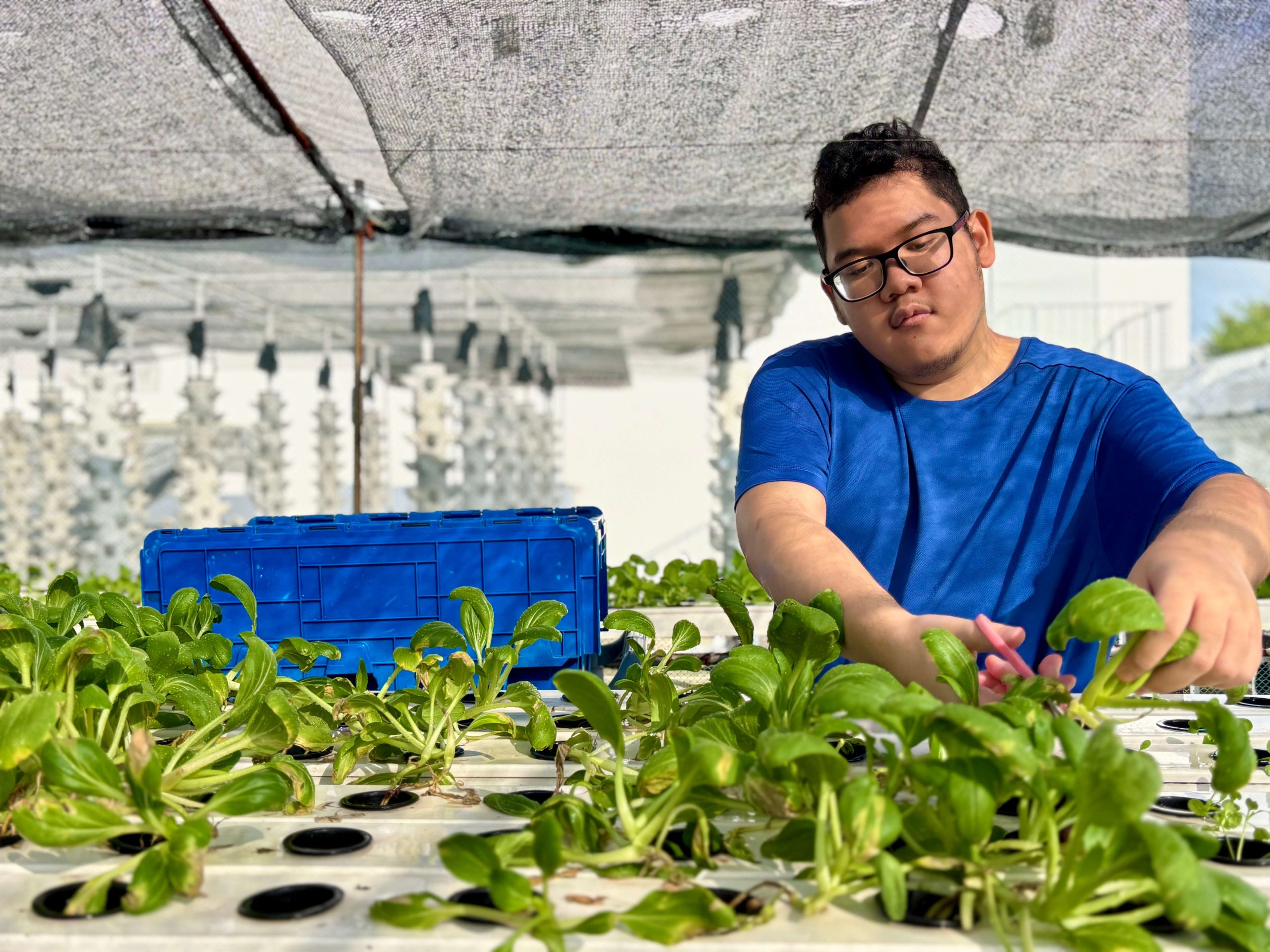For most of us, turning 18 is often seen as an exciting milestone in life. It marks the beginning of adulthood and opens the door to further education, employment opportunities and other new possibilities that await.
But for persons with autism, especially those with moderate to severe support needs, the transition to 18 signals the end of formal education – a time when the familiar structures, routines and sense of predictability that persons with autism and their families have relied on suddenly come to a halt.
When Routines Fall Away
This transition is known as the “post-18 cliff” – which refers to the sudden drop in support and services for persons with disabilities once they age out of the school system at 18 years old. The pathways after 18 are not always certain, and often depend on whether there is space available in the right programmes or services for them.
For 12 years, they are surrounded by classmates and teachers, engaging in structured activities every day. Then, almost overnight, that routine ends and many find themselves at home most of the time, unsure of what comes next.
Life can become disorienting and stressful, not only for persons with autism, but also for their caregivers. More than just keeping their child meaningfully engaged, being part of structured day programmes gives caregivers time for respite and self-care.
For many parents, this transition after their child turns 18 brings a new set of challenges and concerns. They find themselves increasingly having to keep their child meaningfully occupied and engaged throughout the day. Those with careers might begin to question their ability to hold a job, and might run into issues finding other caregivers to cover them while they are at work.
These questions go beyond logistics – they reflect the daily realities and emotional challenges that families must manage as they adjust to a new phase of caregiving.
Living with Uncertainty
Meeting St. Andrew’s Autism School (SAAS) graduate Izhan – 18 years old at the time of writing – and his mother, Mdm Ross, was a clear reminder of the challenges that come with the post-18 cliff. At the time of this conversation, it had been nearly five months since Izhan graduated, and he was still waiting for a placement at a Day Activity Centre (DAC).
Securing a spot in a day programme for adults often takes time, with families having to navigate long waitlists and uncertain waiting periods before entry. This is also the case for the Day Activity Centres under our care at St. Andrew’s Autism Centre – both DACs are currently operating at full capacity, with a waiting list that stretches up to more than a year.
During this unpredictable wait, caregivers go through the motion of resetting routines and carrying the weight that comes with adjusting to the new and unfamiliar.
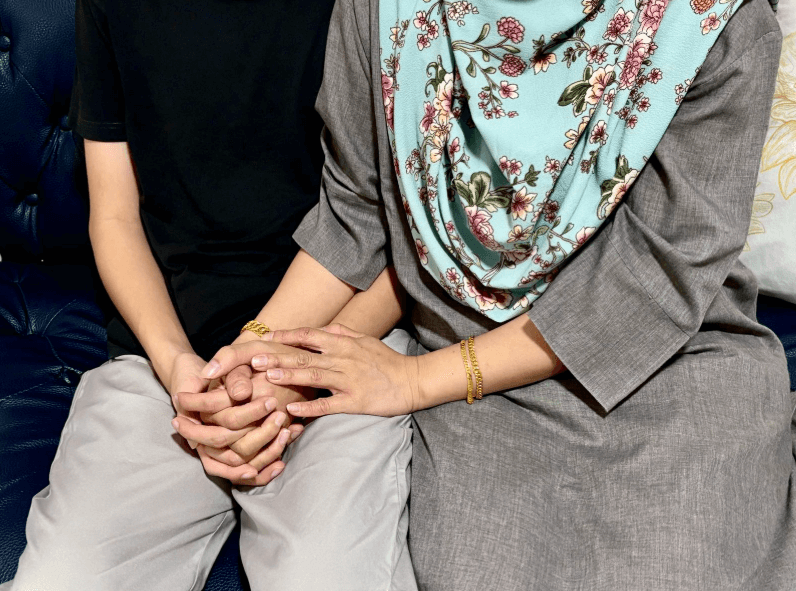
Coping with Life Post-18
When asked about how Izhan coped after graduating and not returning back to school, Mdm Ross shared, “It was okay [but] he was sad, because he saw his [younger] brother go to school and wanted to follow, but could not. I explained to him that he’s a big boy now and will be going to work instead. He pointed at the calendar and asked, ‘When?’ – but I told him we have to wait for the teacher to call back.”
Over the last few months, Izhan has been at home full-time and requires constant care. Thankfully, Mdm Ross is able to work from home – but it is a daily balancing act as she juggles both her job and caregiving responsibilities.
“He’s bored. For us, [if we always stay home], we also feel bored. So, it’s the same for him. I mean there is nothing much for him. We do bring him out for activities – to go shopping or watch movies. But, I would be happier if there’s some other activity for him – just for him to do something, be more socialised, and not look at the same person everyday.”
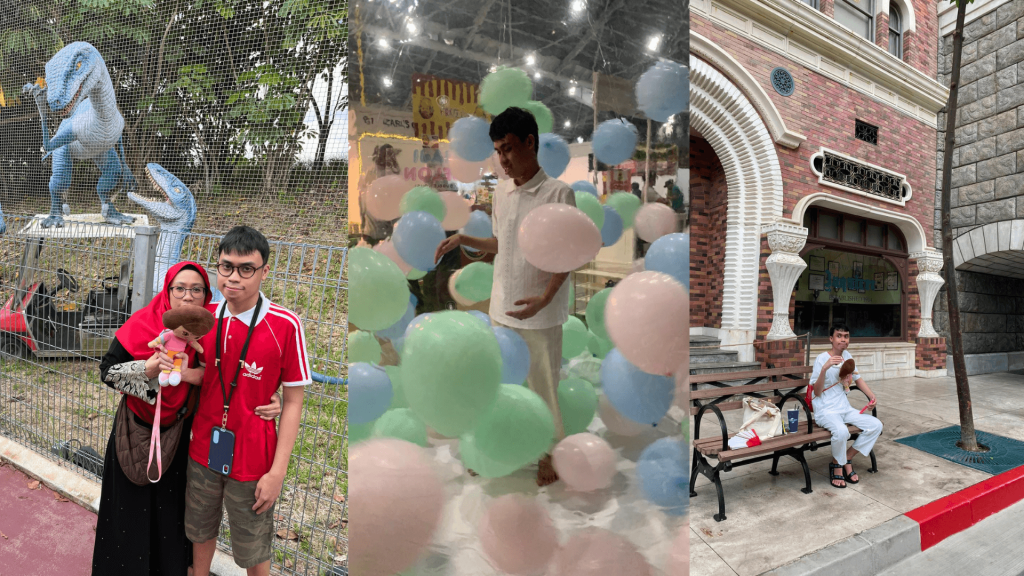
It Takes a Village
Mdm Ross’s caregiving journey doesn’t stop with Izhan. Her youngest son, Iwan, aged 10, is also on the autism spectrum and currently attends SAAS, just as Izhan once did.
Though she carries herself with a quiet strength – steady, patient and loving – caring for two children with additional support needs can take its toll on anyone. The demands of daily caregiving are immense, and her personal time is limited.
When asked about her support system, Mdm Ross expressed that she feels fortunate to have strong support from her family. Her eldest son, husband and helper each play a role in caring for Izhan and Iwan in their own capacities. Beyond her immediate household, she’s also able to rely on extended family members who step in whenever she needs an extra pair of hands.
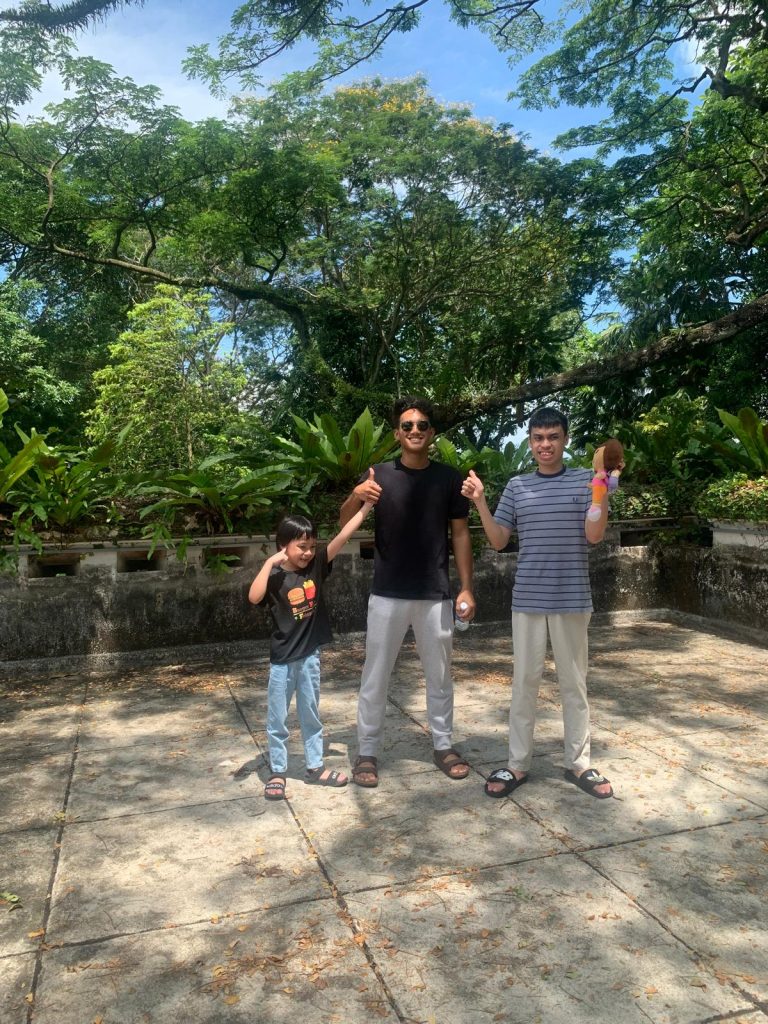

The Road Ahead
“When I see stories of parents whose children have autism, I think the only negative thing is that not all people can accept the way our child behaves around others.” Mdm Ross shared.
She recounted some of the challenges she faced when taking public transport, where Izhan’s way of expressing himself sometimes drew unkind or uncomfortable looks.
“We’re always finding ways to cure autism, when there is really no cure. The only way is to manage and adjust to their needs. I hope the public can understand that. Even if it’s just passing by us, we don’t need any stares.”
She hopes that more people in the community will be understanding towards persons with autism and their families, especially in public spaces. Making sense of situations with curiosity & grace, rather than judgement, goes a long way in letting caregivers feel supported and accepted.
When asked what she wishes for Izhan’s future, her answer came without pause.
“I just want him to be happy. Be accepted. Be independent.”
While she acknowledged that complete independence may be far-fetched given Izhan’s relatively high level of support needs, she hopes he will continue to manage tasks that contribute to his basic daily living.
With consistent guidance and coaching at school and at home over the past few years, Izhan has developed the ability to carry out certain tasks independently – he can stay in a room on his own, operate a remote control to watch TV, help to set up the dinner table and wash himself, among others. Reflecting about Izhan’s future, she expressed, “Maybe when I’m gone one day, he can do these types of things or other things that he hasn’t learned yet, by himself.”
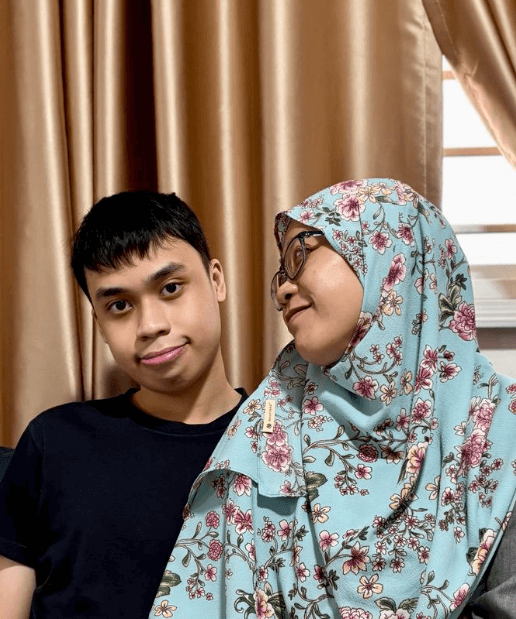
Recently, Mdm Ross shared that after close to ten months of waiting, Izhan has finally been accepted into a DAC, set to begin in September. Even though there are still a few months to go, the knowledge that Izhan will be able to build a new routine and experience something new soon brings relief, reassurance and hope.
While worries about Izhan’s future remain, especially for the day when Mdm Ross or her husband may no longer be around, families like theirs often have no choice but to learn to take things one step at a time. This is just the beginning of Izhan’s long journey into adulthood. For families like his, caring for a loved one with autism is not a phase – it is a lifelong commitment, carried with love, strength and unwavering hope.
The weight they carry is immense, and it probes a quiet call for us, as a society, to do more. Tolerance alone is not enough. What families need is a society that chooses to understand, to truly accept and to walk alongside them with compassion, so no one feels unseen or alone.
If you’d like to support persons with autism and their families, you can do so by:
Donating to our programmes
Help us provide persons with autism with highly structured programmes and give respite to their caregivers.
Volunteering with SAAC
Give the gift of your talents and time when you volunteer with us. We welcome those with a heart to serve.
Advocating for Autism
Those on the autism spectrum are often misunderstood and excluded from the public eye. Mention us to friends & family.

